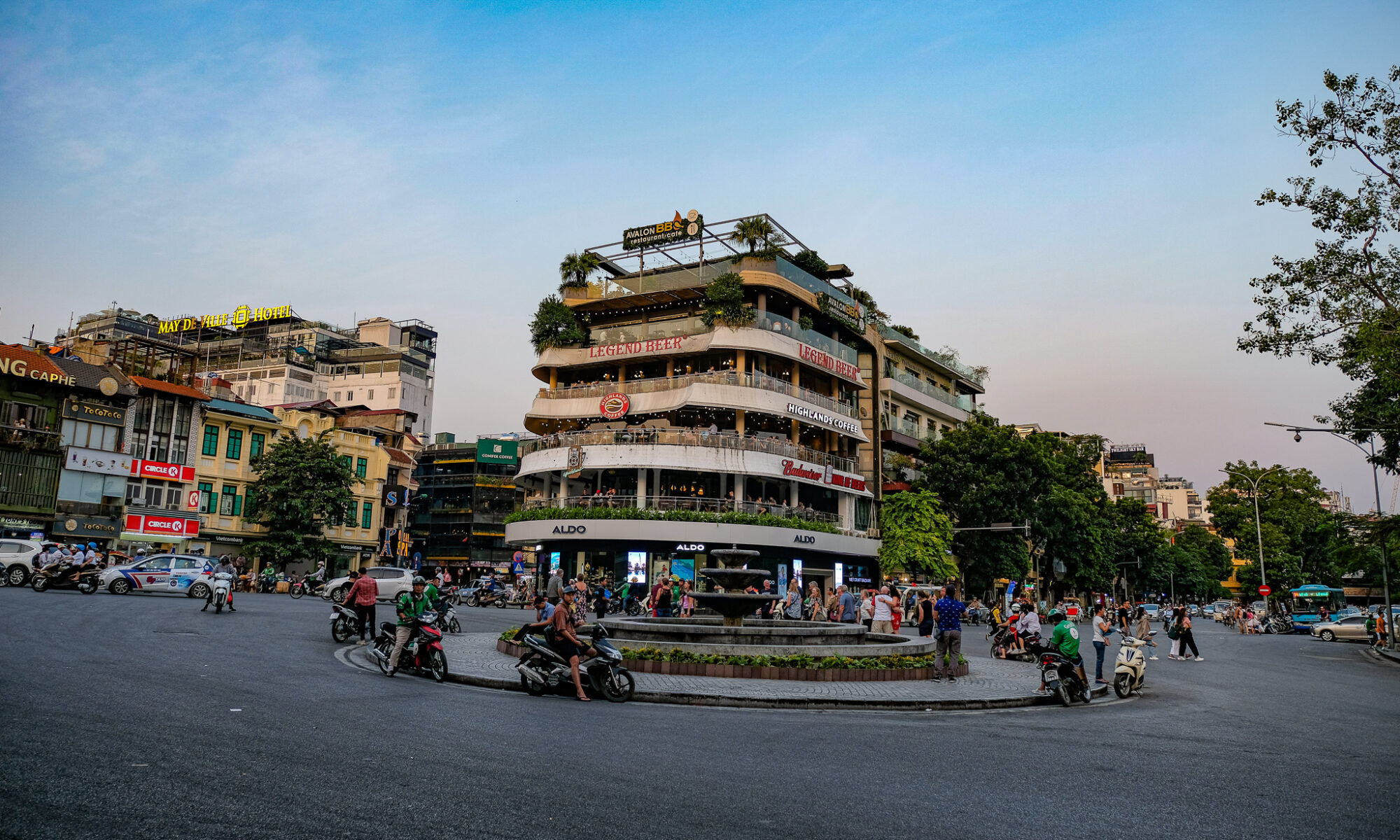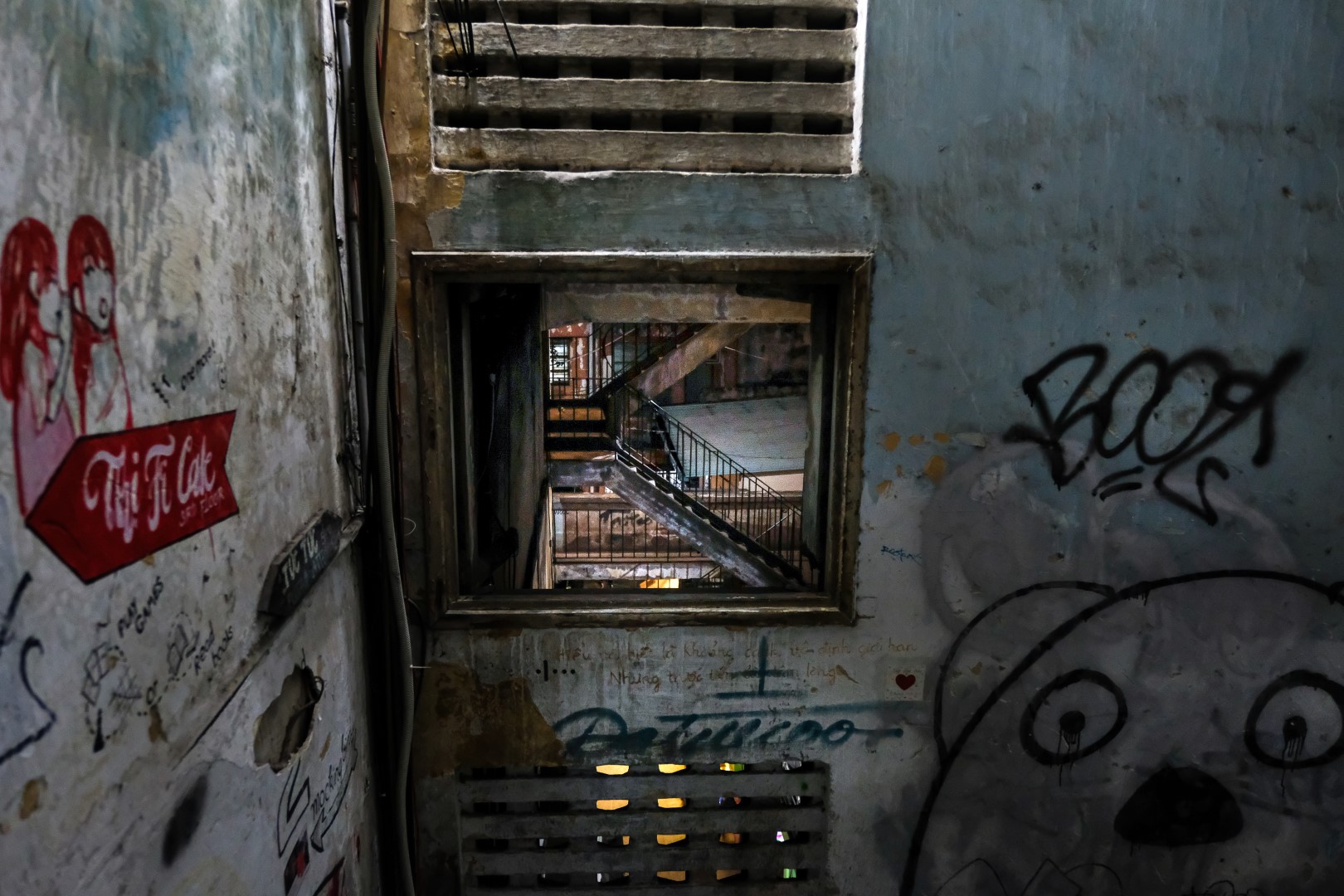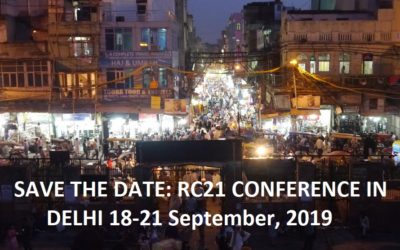New seminar series: Dwelling in Liminalities
The Life at the Margins and Urban Human research group at the Urban Institute invite you to our new seminar series, “Dwelling in Liminalities: Uncanny conversations”, which I am organising with my colleague AbdouMaliq Simone.
The series will start in Spring 2020, and will include 5 seminars with ten scholars coming from Geography, Visual Studies, Sociology and Anthropology Departments from both sides of the Atlantic. This amazing – and uncanny! – cohort of people will come to Sheffield to discuss with us around issues of marginality, urban entanglements, race, hustling methodologies, techno-imperialism and more.
You can find the program below as well as here: http://urbaninstitute.group.shef.ac.uk/dwelling-in-liminalities-uncanny-conversations/
Please feel free to distribute the news around, and of course feel free to join us when the time comes!
PRECIS
What is the meaning of dwelling in liminalities? In urban times when life becomes reconfigured by all sorts of densities and calculations, new and old forms of liminalities intersect to produce spaces of inhabitation that encompass traditional notions of margins, exclusions or expulsions. These processes become reconfigured in the larger restructuring of what urban life is and means in today’s machinic cities.
We have invited scholars working through a number of critical approaches, and we have asked them to provide their reading of the economies of inhabitation in uninhabitable times. What is the political in rethinking life through the liminal assemblage of the urban?
This emerging conversation will cut across geographies and fields of enquiry to provide an orientation to our collective critical labour.
PROGRAM
On hustling, density and tracing
with Tatiana Thieme (UCL) and Colin McFarlane (Durham)
Wednesday, 5th February, 2020
3-5PM, ICOSS Boardroom (Portobello St)
On pathology, sounds and the black radical tradition
with Dhanveer Singh Brar and Ramon Amaro (Goldsmiths)
Wednesday, 4th March, 2020
3-5PM, ICOSS Boardroom (Portobello St)
On bordering
with Suzi Hall (LSE) and Antonis Vradis (Loughborough)
Wednesday, 1st April, 2020
3-5PM, Geography Building, Teaching Room 2 (Winter St)
On techno-imperialism, race and the value of life
with Erin McElroy (NYU) and Andrea Gibbons (Solford)
Wednesday, 20th May, 2020
3-5PM, Geography Building, Teaching Room 2 (Winter St)
Of past lives and displacement
with Caroline Bressey (UCL) and Katherine Brickell (RHol)
Wednesday, 3rd June, 2020
3-5PM, ICOSS Boardroom (Portobello St)
New paper: Radical housing and the politics of dwelling as difference, in IJHP
Earlier this year I was invited to give one of the keynotes at the Housing Studies Association conference in Sheffield, UK. My talk was sponsored by the International Journal of Housing Policy, which has now published an extended version of my speech at the HSA.
The paper, entitled Radical housing: on the politics of dwelling as difference, is the first of the Journal’s new series of ‘Housing Futures’ essay, where leading scholars will be invited to address the contemporary housing debate from different angles. In my contribution I attack mainstream notions of what is considered to be ‘radical’ when it comes to ‘housing’, and I introduce a more nuanced (decolonial and feminist) take with the notion of ‘dwelling as difference’.
This paper expands on my previous works on housing precarity, homelessness and housing resistance, but it also opens up a new phase in my research interests. It also goes hand in hand with the work that I am doing with a number of comrades in the Radical Housing Journal.
The paper can be downloaded from the publisher’s website here, or on Research Gate or Academia.edu. Below you can find the abstract.
Radical housing: on the politics of dwelling as difference
Urbanites worldwide fight for their right to housing and the city in ways that encompass what Westernized and masculine takes on ‘radical politics’ make of them. This intervention proposes a decolonial, grounded and feminist approach to investigate how resistance to housing precarity emerges from uncanny places, uninhabitable ‘homes’ and marginal propositions. This is a form of ‘dwelling as difference’ that is able to challenge our compromised ‘habitus’ of home at its root, from the ground of its everyday unfolding. The article argues that only looking within those cracks, and aligning to their politics, new radical housing futures can be built with urbanites worldwide.
CfP for the RC21 in Delhi: Dwelling in the interstices
RC21, September, 18-21, 2019 @Delhi
CFP: Dwelling in the interstices: modes of inhabitation and common life in the contemporary city
Please submit your 250 words abstract by the 20/01/19 filling this form: https://goo.gl/forms/v1QLbEe61Mp15kLf1
Convenors
- Dr Margherita Grazioli, Postdoctoral Fellow in Urban Studies, Social Sciences Department, Gran Sasso Science Institute, L’Aquila (Italy)
- Dr Michele Lancione, Senior Research Fellow, Urban Institute, University of Sheffield (UK)
- Dr Gaja Maestri, ESRC Postdoctoral Research Associate, School of Media, Communication and Sociology, University of Leicester (UK).
Rationale
Inhabiting the contemporary city is increasingly a matter of dwelling in its interstices. As urban spaces become privatized, securitised and governed through the logic of immediate private profit and return, urbanites worldwide organise to craft multifarious forms of urban
livings. Through this panel we are interested in attracting cutting-edge scholarship investigating the variegated practices challenging the predominant logic of bordering and governing the city.
The latter include specific devices of governance and control assembling the urban across the north and the south through privatising devices that include, among others: the marketisation of housing; gentrification; racial, spatial, social segregation; the adaptation of
urban routes to logistics movements; borders’ and mobility’s policing and securitisation. Urbanites worldwide contest these processes on a daily basis, constructing forms of dwelling at the interstices of urban space and politics. Recent scholarship has increasingly pinpointed these struggles, looking at housing squats; social centres; self-managed urban camps; co-housing and hosting; self-construction; spontaneous settlements; temporary autonomous zones (TAZs); and many others.
In this panel we are interested in exploring new forms of dwelling that articulate manifold commons within saturated and highly conflicting urban environments. The panel is not necessarily limited to the modalities listed above, and we welcome contributions that show uncanny forms of living vis-à-vis increased urban uninhabitability across the North and the South.
Key themes
We invite papers addressing, but not limited to, the following questions:
- What forms of alternative urban dwelling are emerging across cities worldwide?
- How do these alternative practices unfold, and what are their modes of organising?
- What commons and solidarities are produced through encounters in these spaces?
- How can urban theory better theorise urban interstices and their politics?
- What are the affects and material cultures activated at the interstices of the urban?
- How are these forms of urban dwelling re-captured by dispositifs of institutional governance?
Submit your abstract
Please submit your 250 words abstract by the 20/01/19 filling this form: https://goo.gl/forms/v1QLbEe61Mp15kLf1. If you have any questions regarding this session, please email Margherita (margherita.grazioli@gssi.it), Michele (m.lancione@sheffield.ac.uk) and Gaja (g.maestri@leicester.ac.uk). More info on the 2019 RC21 conference can be found at this page: https://rc21delhi2019.com




